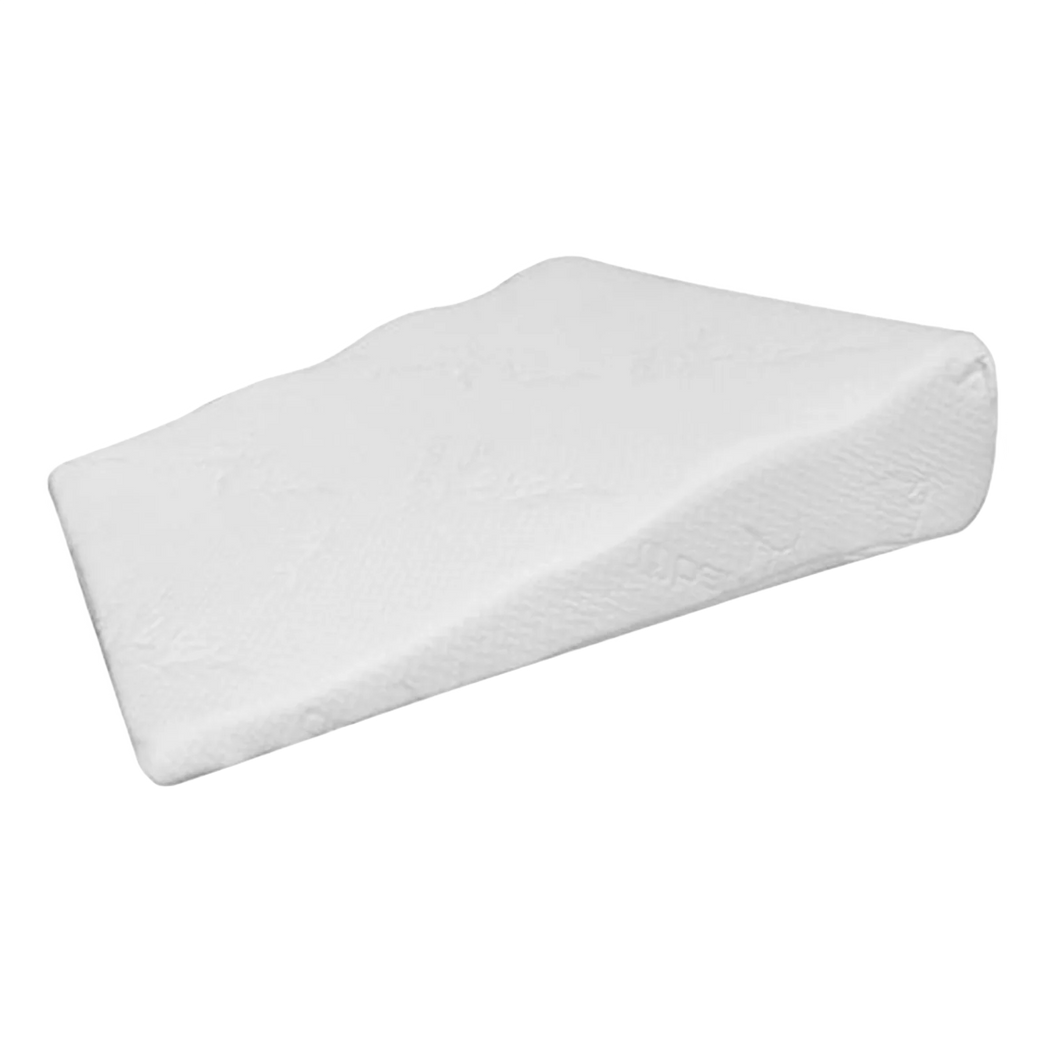Acid reflux is a common medical condition that occurs when stomach acid flows back into the esophagus, causing irritation and discomfort. The condition is also known as gastroesophageal reflux disease (GERD), and it can be both painful and inconvenient for those who experience it. Fortunately, there are many ways to treat acid reflux, and in this article, we will explore the most effective methods.
What Causes Acid Reflux?
Before we dive into the various treatments for acid reflux, it is important to understand what causes this condition. As mentioned, acid reflux occurs when stomach acid flows back into the esophagus. This can happen for a variety of reasons, including:
A weakened or relaxed lower esophageal sphincter (LES)
The LES is a ring of muscle that sits at the bottom of the esophagus, and it is responsible for keeping stomach acid from flowing back up into the esophagus. When the LES is weakened or relaxed, however, acid can easily make its way into the esophagus.
Hiatal hernia
A hiatal hernia is a condition in which part of the stomach pushes up through the diaphragm and into the chest. This can cause the LES to become displaced, allowing stomach acid to flow back into the esophagus.
Eating large meals or lying down after eating
When you eat a large meal, your stomach produces more acid to digest the food. If you lie down after eating, the acid can easily flow back into the esophagus.
Certain foods and beverages
Some foods and beverages are known to trigger acid reflux, including spicy foods, citrus fruits, tomato-based products, chocolate, caffeine, and alcohol.
Obesity
Being overweight or obese can put pressure on the stomach, causing acid to flow back into the esophagus.
How to Treat Acid Reflux
There are many ways to treat acid reflux, and the best treatment for you will depend on the severity of your symptoms and the underlying cause of your acid reflux. Here are some of the most effective treatments:
Lifestyle changes
Making certain lifestyle changes can help alleviate acid reflux symptoms. For example, you should avoid eating large meals and lying down after eating. Instead, try to eat smaller, more frequent meals throughout the day. You should also avoid foods and beverages that trigger your acid reflux symptoms, and try to maintain a healthy weight through regular exercise and a balanced diet.
Medications
There are several medications that can help alleviate acid reflux symptoms, including antacids, H2 blockers, and proton pump inhibitors (PPIs). Antacids work by neutralizing stomach acid, while H2 blockers and PPIs reduce the amount of acid your stomach produces.
Surgery
In rare cases, surgery may be necessary to treat acid reflux. This is typically only recommended for people who have severe GERD symptoms and who have not responded to other treatments.
Natural remedies
Some people find relief from acid reflux symptoms by using natural remedies. For example, drinking a glass of warm water with lemon juice and honey before meals can help alleviate symptoms. Other natural remedies include ginger, apple cider vinegar, and chamomile tea.
Behavioral therapies
Some people find that behavioral therapies such as cognitive behavioral therapy (CBT) can help reduce acid reflux symptoms. CBT can help you identify and change negative thought patterns that may be contributing to your acid reflux.
Cushion Wedge Pillow
A wedge pillow can be especially helpful in treating acid reflux. By elevating the upper body at a 30 to 45 degree angle, it reduces the amount of acid that can flow into the esophagus. This can help reduce the frequency and intensity of acid reflux symptoms at night, allowing for more restful sleep. Additionally, wedge pillows are often more comfortable and effective than stacking multiple regular pillows under the head and torso.
Preventing Acid Reflux
While there are many effective treatments for acid reflux, prevention is always the best approach. Here are some tips for preventing acid reflux:Eat smaller, more frequent meals throughout the day. Avoid eating large meals and lying down after eating.
-
Avoid foods and beverages that trigger your acid reflux symptoms.
-
Maintain a healthy weight through regular exercise and a balanced diet.
-
Quit smoking. Smoking can weaken the LES and contribute to acid reflux symptoms.
-
Elevate the head of your bed. Sleeping with your head elevated can help prevent acid from flowing back into the esophagus.
-
Avoid tight-fitting clothing. Tight clothing can put pressure on the stomach and contribute to acid reflux symptoms.
-
Manage stress. Stress can contribute to acid reflux symptoms, so it is important to manage stress through relaxation techniques such as meditation or yoga.








